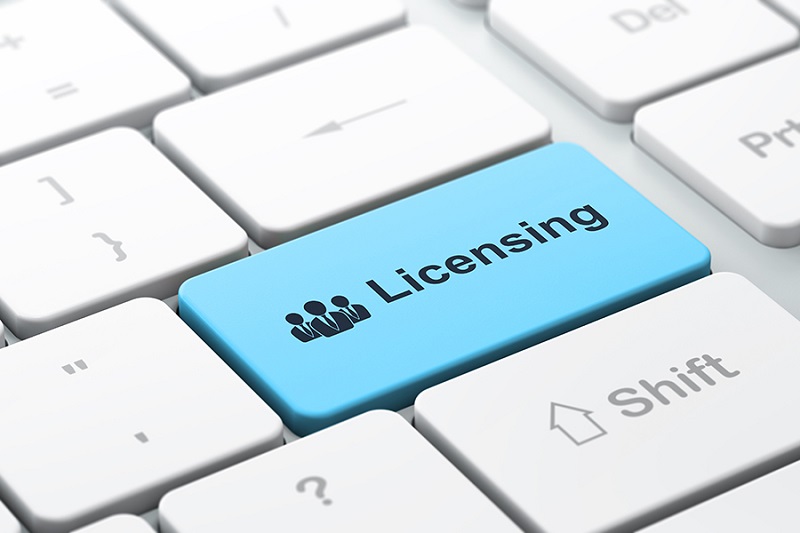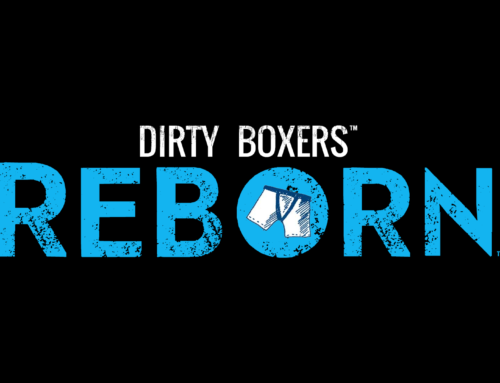Although we’re far from the days of written letters of consent from record companies that allow us to use their creations in our broadcasts, the options for broadcasting music legally are still tedious, and any average Joe researching their options will surely finish off the day ripping out their hair in the shower in frustration (just wait until he finds out how hard it is to unclog the drain thereafter)
Today I’m looking at our options for one of our new streaming services, the requirements are as follows:
- We’ll be broadcasting a range of music from multiple labels, so, starting out, we need a “blanket license”.
- A lot of this music will be mashups, so we’ll need the ability to modify our music for broadcast.
- It needs to be reasonably priced.
Okay, got your wig on? Cause you sure as hell don’t want to be using your real hair for this frustration filled journey.
We’ll start with regular, every day, reporting to the men on top, the licensing agencies that hold a monopoly on the area of broadcast.
For the UK this is PRS (Performing Rights Society), PPL (Public Performance License) and MCPS (Mechanical-Copyright Protection Society)
Let’s look at the difference between PRS and MCPS first:
Which organisation you should join depends on the way your music is used.
- Join PRS when your music is either broadcast on TV/radio/online or performed live.
- Join MCPS when your music is released by a record company, downloaded or reproduced onto a CD, DVD or LP.
(from prsformusic.com)
Now the website for PRS, which incorporates MCPS, is incredibly vague about what’s needed and why, I remember way back MCPS was needed to modify content for broadcast, but from these claims, we can only assume that’s no longer the situation; so great that’s one less thing to worry about. We can conclude that MCPS is only for mechanical formats, and if we really need to loop hole that one, we’re all solid state drives and no fans; boom, take that MCPS.
Now for whatever reason we need to pay two societies here in the UK, PRS and PPL; PRS pays “members” (remember the whole, they’re so vague thing?) and PPL pays record companies and performers (so… members)
We ripping that wig to shreds yet? Good good.
The cost of the licenses are £146 starting out for PRS, and £231 starting out for PPL. So £377 a year or £31 a month. Not too bad; although their is a little pain in the ass known as “logging”, the companies expect you to keep logs of what music is played, when, for how long, and how many people were tuned in during it; PRS also limits you to “streams”, or, how many songs can be played annually. For the starting tier its 180,000, let’s do a bit of quick maths; there’s 525,600 minutes in a year, let’s divide by the stream amount, and we get 2.92, so each song has to be longer or equal to 2.92 minutes. Okay, that shouldn’t be an issue. PPL gives us 270,000 streams per year, which in their case is one listener, listening to one song. So let’s say we stream 180,000 songs per year going by our last calculation, that means we can have one, and a half of a person, tuned in at all times.
How’s that wig doing?
Let’s assume we can stick to these guidelines, we’re still only dealing with the UK; how about the US?
The US has SoundExchange, which charges $500 minimum per year.
Alright let’s give up there and have a look at all in one licenses.
Live365 is one that everyone screams about, for $59 a month we get all the licensing we need, AutoDJ built in (which we’ll just use as a redundancy, self ran automation all the way) unlimited listeners and unlimited bandwidth. Okay, sounds amazing, where’s the catch Callum?
Glad you asked Jim, this tier gives us a max 1500 TLH per month, which means after 1500 people have been tuned in for one hour in a month, you’re officially unlicensed again. Let’s go again with the maths, there’s 750 hours in a month, which I don’t need to tell you goes into 1500 twice. So two people can be tuned in 24/7 every month. Ouch. Now it may not sound that bad, but listeners mount up quick, imagine if two businesses decide to play your radio in their workplace, and decide to leave you on; instantly, they’ve drained all of your licensing.
The prices get extortionate after that, instantly going up to $100, and $200 respectively.
So at the moment, regular every day licensing is more or less on par with Live365, but both options such. What else exists?
Well there’s Mixcloud live, which is free and completely licensed no matter what, however it’s not technically the same as regular streaming services, you’re restricted to their player, which runs through OBS or similar software, so reliability is a massive concern, and you’re going to have a hard time embedding them into websites and apps, since the player for years now, has been a complete mess. (when I say years now, I’m including their on demand players, Mixcloud live has only been about for a couple of months now)
Radionomy used to be another good option, all licensing built in, it didn’t have an amazing player but it was a lot better than what Mixcloud has and they allowed streaming through regular old Shoutcast (way more reliable). Unfortunately though, it no longer exists. Shoutcast (a streaming service, not to be confused with the technology) has taken it’s place, and no longer offers licensing despite it’s paid model)
So screw me then right? I should also mention that there’s like a million other licensing societies for every country on the globe. So even if you’ve got one, for a larger audience, got gotta catch them all (don’t sue me please, Pokemon people)
So here we are today, with little options, and a frustrating infrastructure. Will we see this change in the future? Probably not, this has been an issue for years now. But at least the metrics are here in this article so you can compare and work out which way you want to be screwed over.
Have any secrets? Any services we don’t know about? I would love to hear about it below!



Leave A Comment
You must be logged in to post a comment.